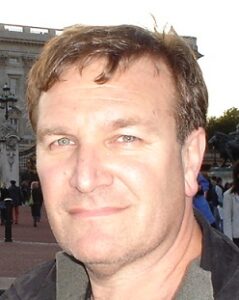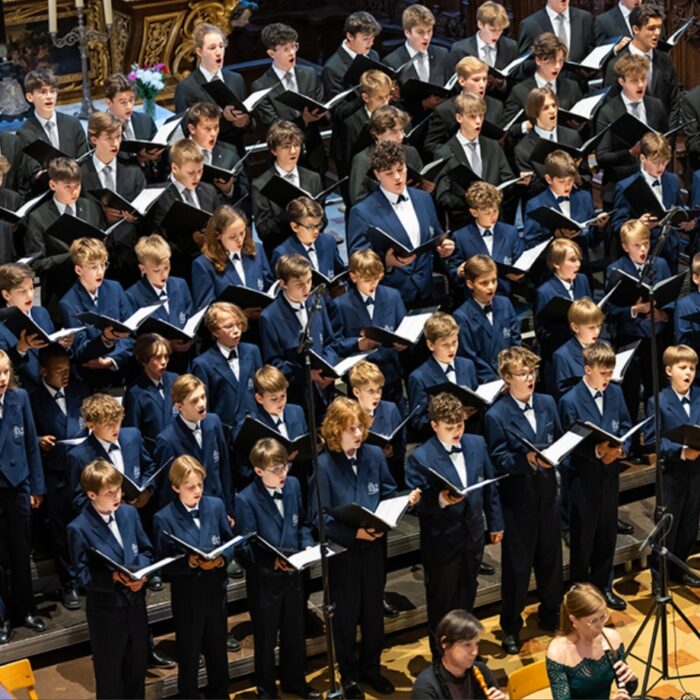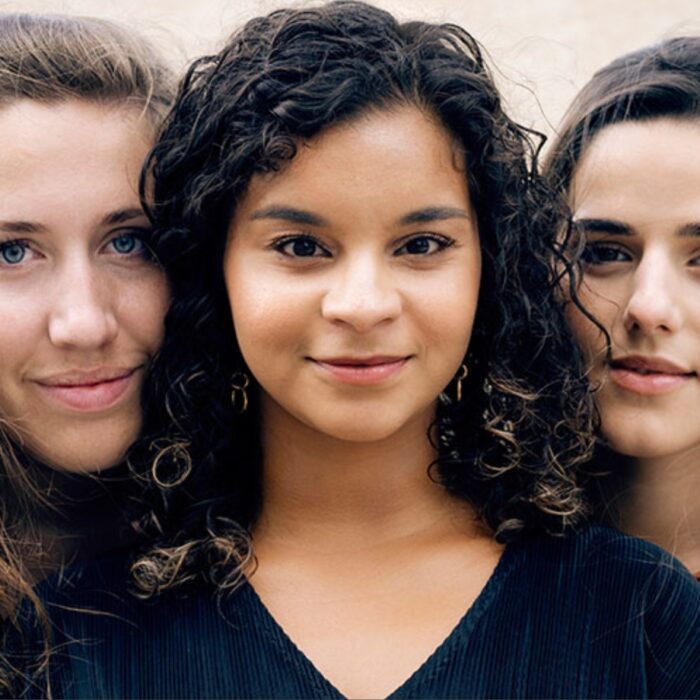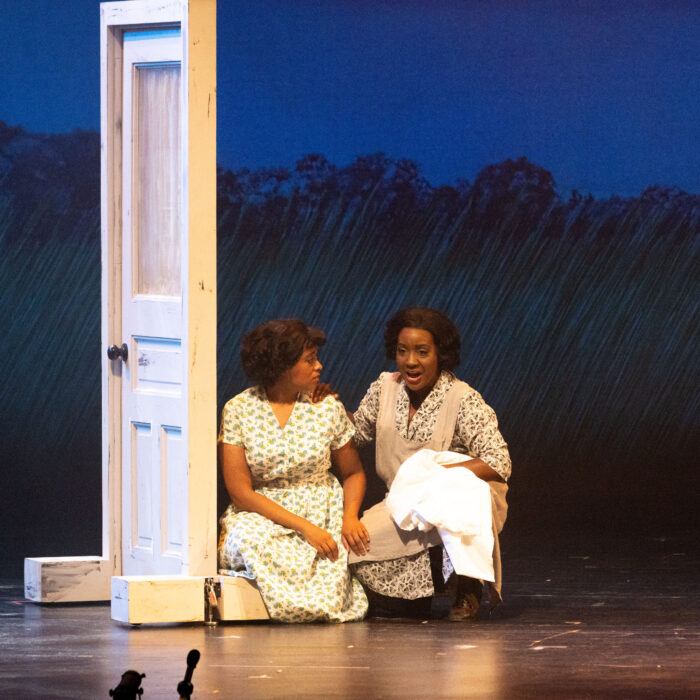
Musica Viva Australia 2025 Review: Hollywood Songbook
By Gordon Williams(Photo: Peter Hislop)
The period when European composers moved to Los Angeles in the 1930s, fleeing Hitler for the most part, is an incredibly rich one in musical history. There is so much relevant repertoire, and it’s somewhat surprising that this era has not formed more of a basis for concert programming.
Musica Viva Australia deserves credit for their concert “Hollywood Songbook”, which toured the larger Australian cities in early May. I caught the program at Sydney’s City Recital Hall, Angel Place, on May 12.
The concert’s title was inspired by a collection of songs by German composer, Hanns Eisler, whose impressions of Hollywood, often using texts by his sometime collaborator Bertolt Brecht, revealed their caustic take on the sunshine and palm trees of this supposed New World paradise. Items from Eisler’s collection formed the centerpiece of this program. There was an immediacy here that made them a highlight of the concert.
In his introduction to the program booklet, Musica Viva Artistic Director, Paul Kildea said that his idea behind the program was “to explore the tension and overlaps between the music of European modernism in the 1920s and 1930s and the works that these émigré artists created in exile in America in the 1940s.” It was an admirable aim. But arguably one that led to a diffuse tribute to this phenomenon, comprising an amount of music that had somewhat tangential relationship to the actual European immigrants who may have felt marooned on America’s West Coast. “Kiss Me Kate’s” Cole Porter, born in Indiana, was not one of those artists, even though Germans like Kurt Weill, represented by the songs “One Life to Live” from “Lady in the Dark,” and “I’m a Stranger Here Myself”’ from “One Touch of Venus,” successfully assayed Broadway musical theater, Porter’s domain, once Weill arrived in America.
And Prokofiev certainly spent time in Hollywood, meeting with Paramount Studios and Walt Disney. But “Romeo and Juliet,” which was represented in this program by “Juliet as a Young Girl” and “Dance of the Knights,” marked his return to the Soviet Union. Friedrich Hollaender, represented by “Illusions” from “A Foreign Affair,” and ‘Falling in Love Again’ from “Der blaue Engel,” was probably the only other composer meeting a strict Europe-to-Hollywood trajectory promised by the concert’s premise.
This may seem like quibbling. The émigrés interacted with locals and Kildea’s intention seems rather to have been to explore a broader expanse of the music of this period. It was still intriguing to hear this music abutting popular music of the era, a global snatch of everything that was going on.
But the tensions and overlaps might actually have been exaggerated by the seemingly tangential accompaniments of some of Izidor Leitinger’s arrangements which complexified the straightforward simplicity of American songs. Admittedly, jazz improvisers will go “outside” when playing standards but I wondered how easily many audience members might have been able to follow the harmonies of familiar songs, even with soprano Ali McGregor floating through with a straighter, more orientating delivery, and impressive maintenance of pitch.
Numbers like Irving Berlin’s “Let’s Face the Music and Dance” struck me as tenuously moored to their familiar, shaping harmonies. Yet, the concert format could be construed to promise popular audience appeal.
The more successful new arrangements seemed to be those where the composers themselves had established the harmonic activity and balance of the instrumental ensemble, such as the selection from “Five Pieces for String Quartet” by Prague-born Erwin Schulhoff, who died in prison in Bavaria in 1942.
McGregor’s collaborators were the Signum Saxophone Quartet, with Blaž Kemperle on soprano sax, Jacopo Taddei on alto, Alan Lužar on tenor, and David Brand on baritone. A saxophone ensemble sounds ideal for a program exploring the nexus Kildea wrote of – kind of an update on that euphonious classical music stalwart, the string quartet. And Trent Suidgeest’s lighting design augmented the ambience of a nightclub performance. This was a concert that aspired to a degree of theatrical presentation. It looked good.
It’s a shame, then, to feel that the presenters didn’t go the whole nine yards.
Ali McGregor was an affable soloist whose interpretations ranged from the almost keening of a traditional song “I Am a Poor Wayfaring Stranger,” a brainwave inclusion on the artistic team’s part acknowledging the rootlessness of the émigrés, to suave renditions of songs such as Harold Arlen’s “Over the Rainbow” from 1939’s “The Wizard of Oz”.
If only there’d been a spiel.
There was speech-like directness in the Eisler songs, but overall not quite the reach for intimacy that would breach the concert hall formality. When McGregor spoke, such as when announcing an encore (the Gershwins’ “The Man I Love”), she was charming. Breaking down more of the classical music wall would’ve been appropriate for the cabaret setting. Verbalizing the narrative thread might have sharpened the program’s reasoning.



